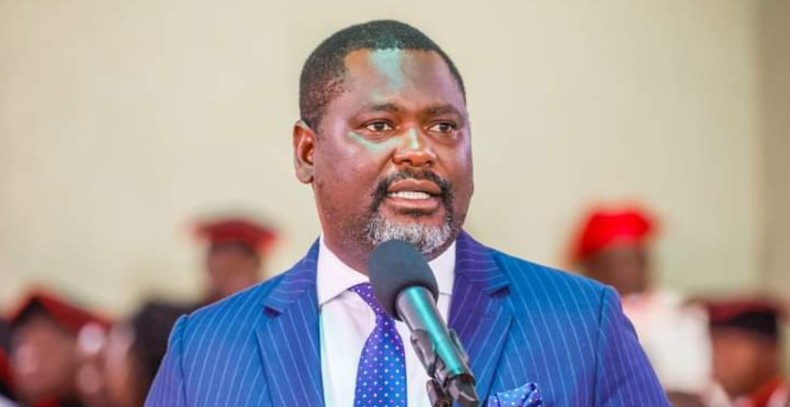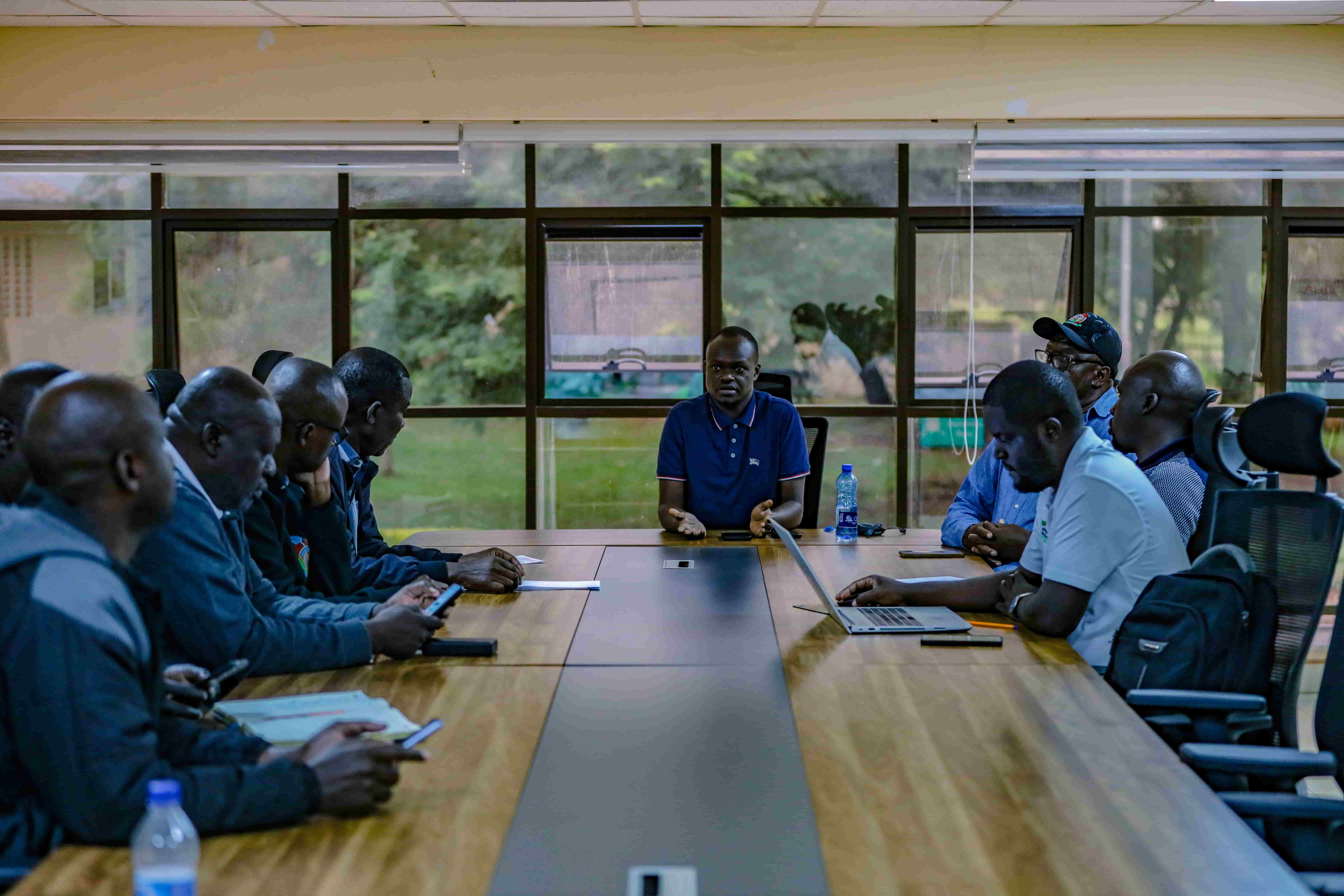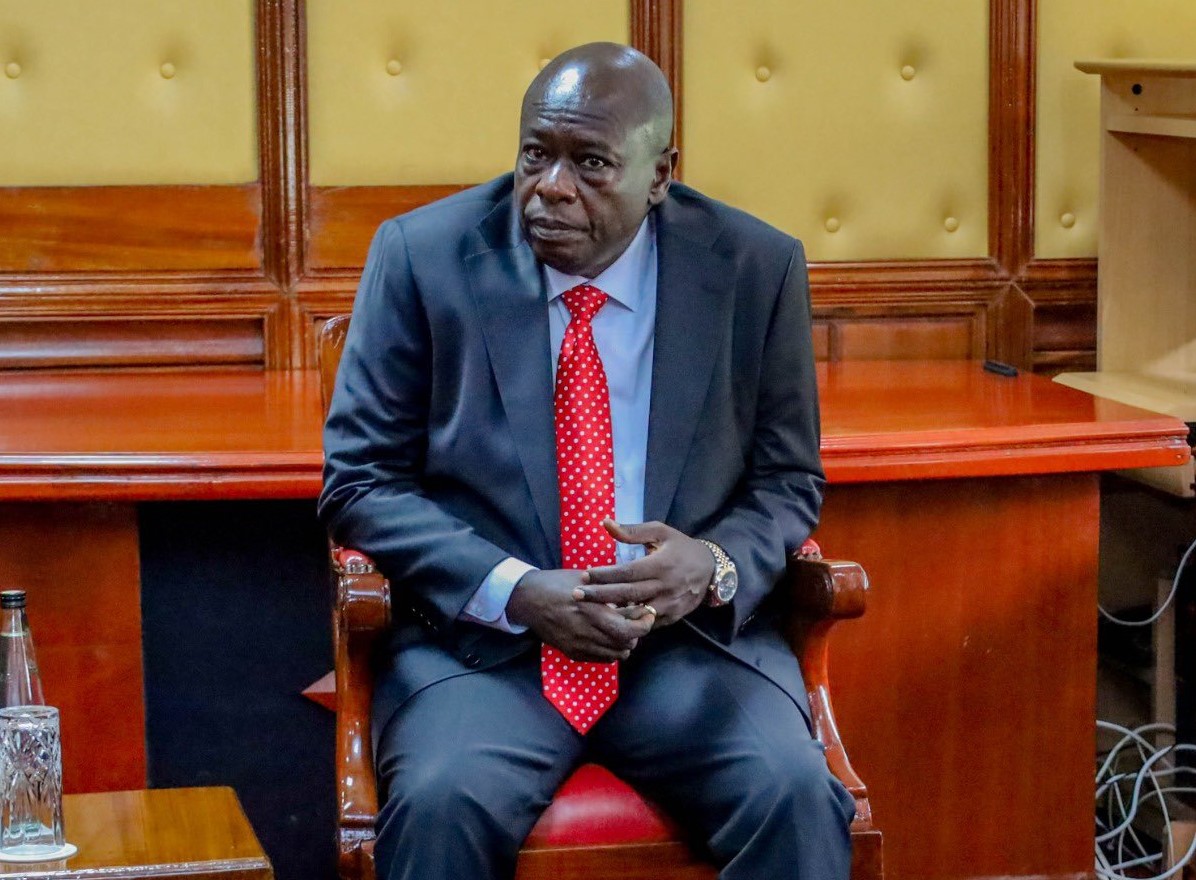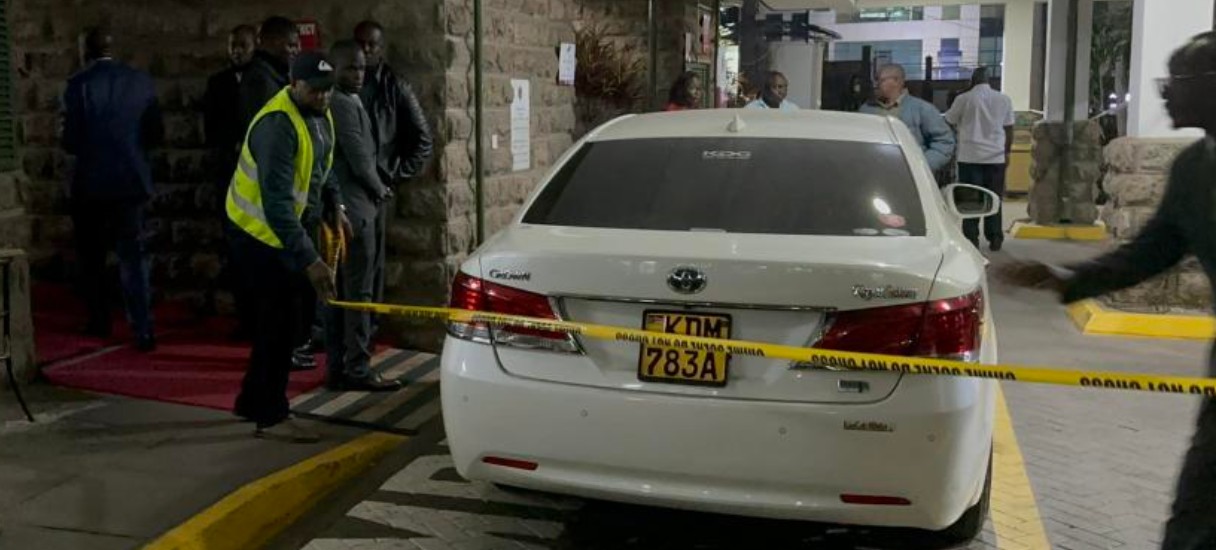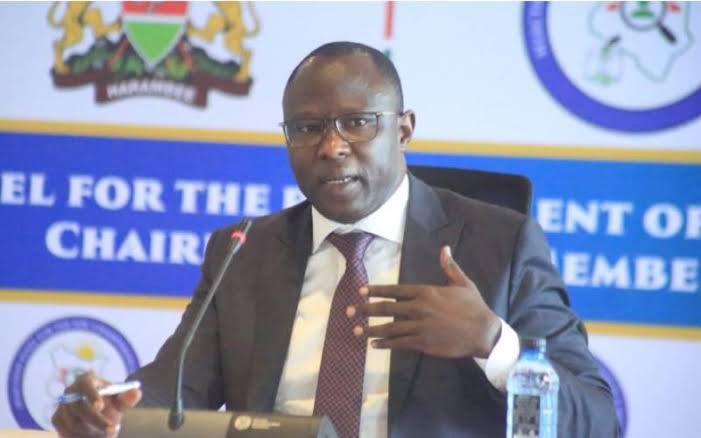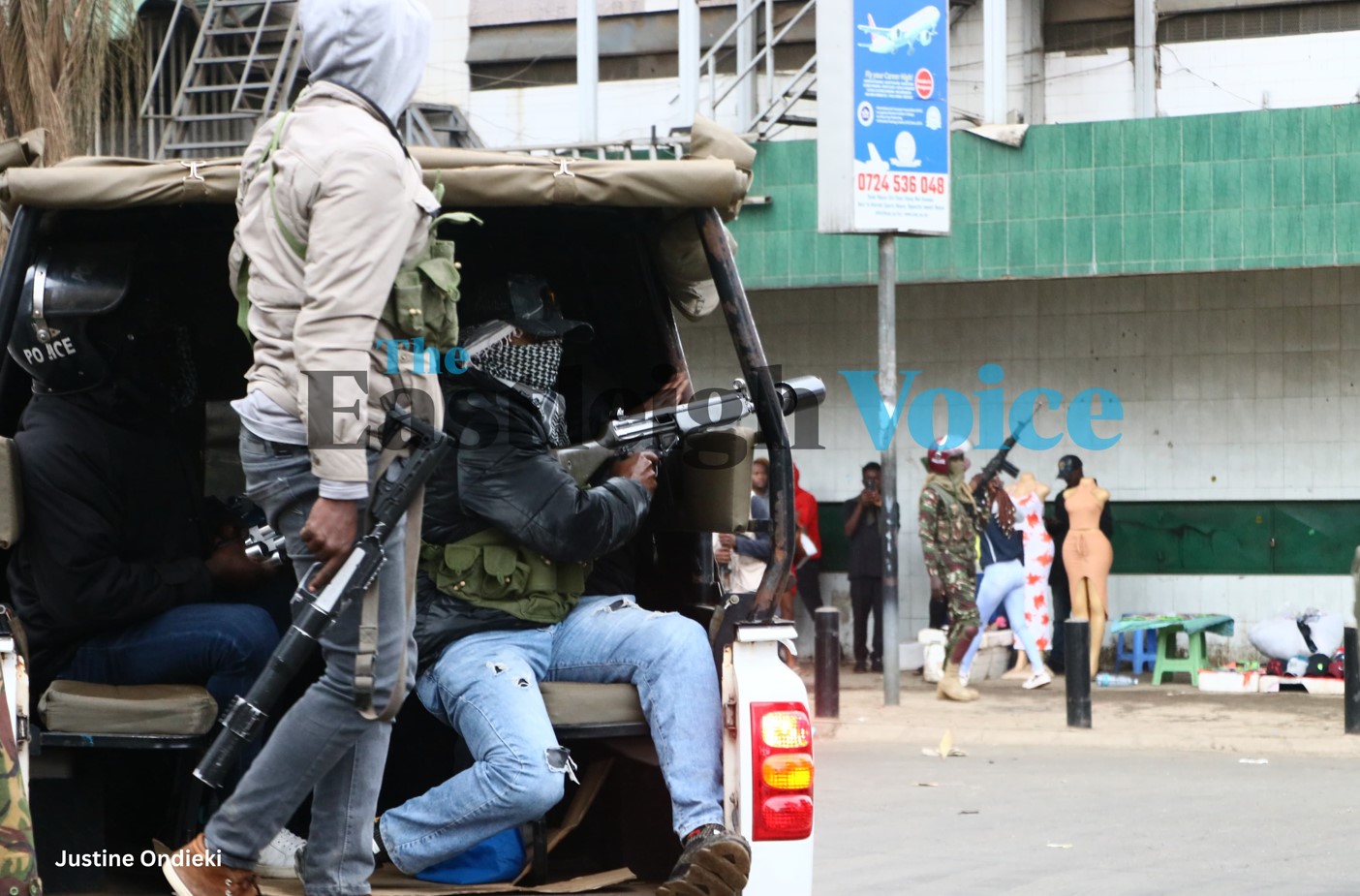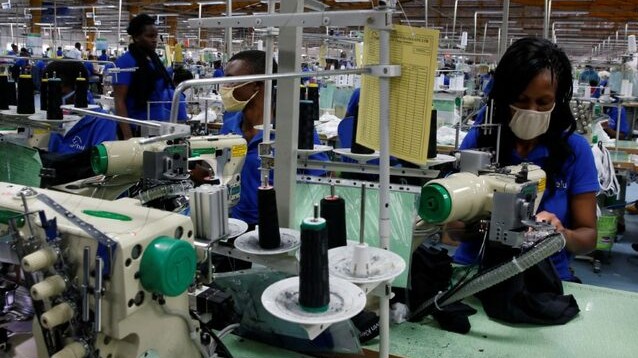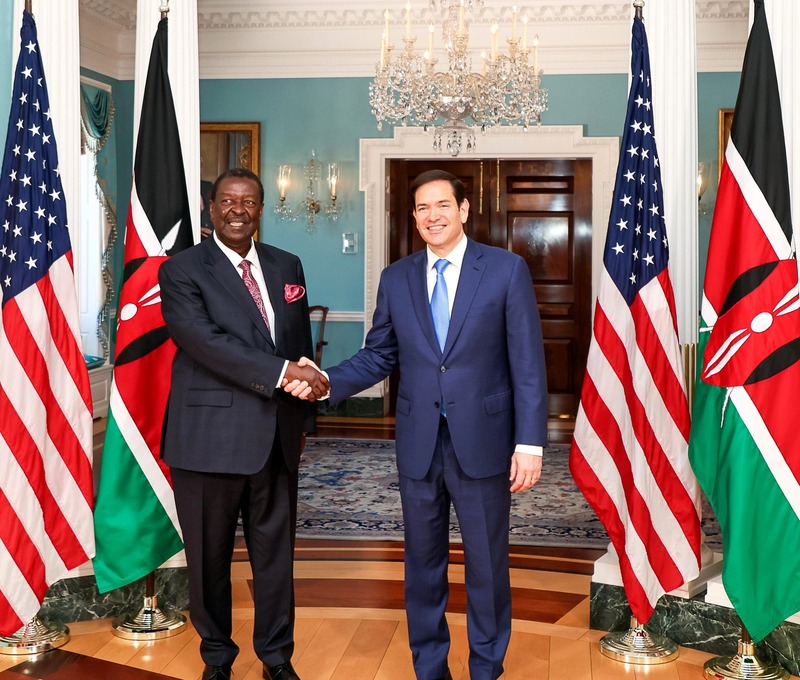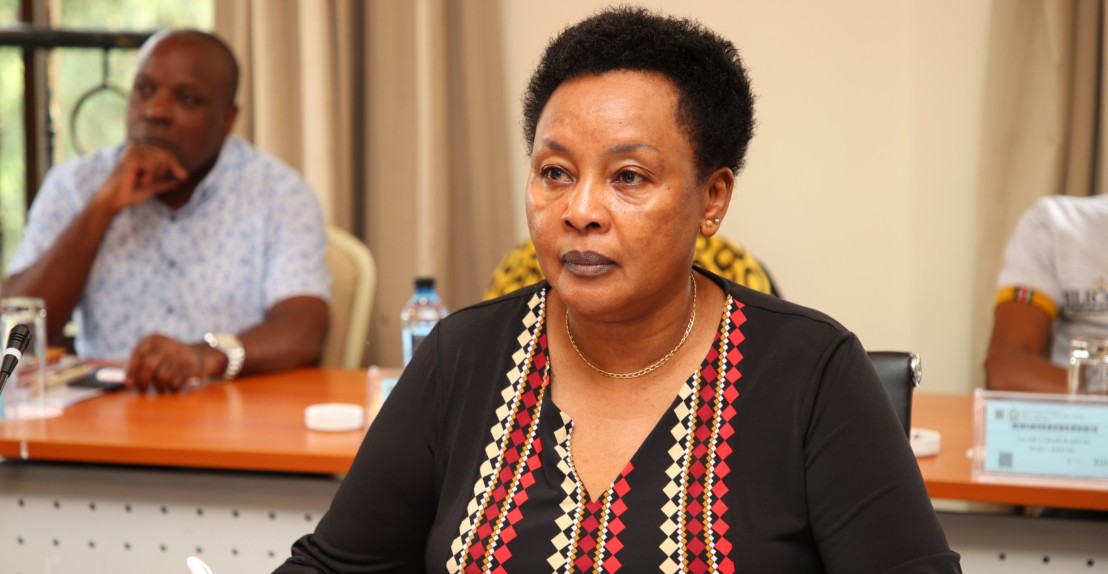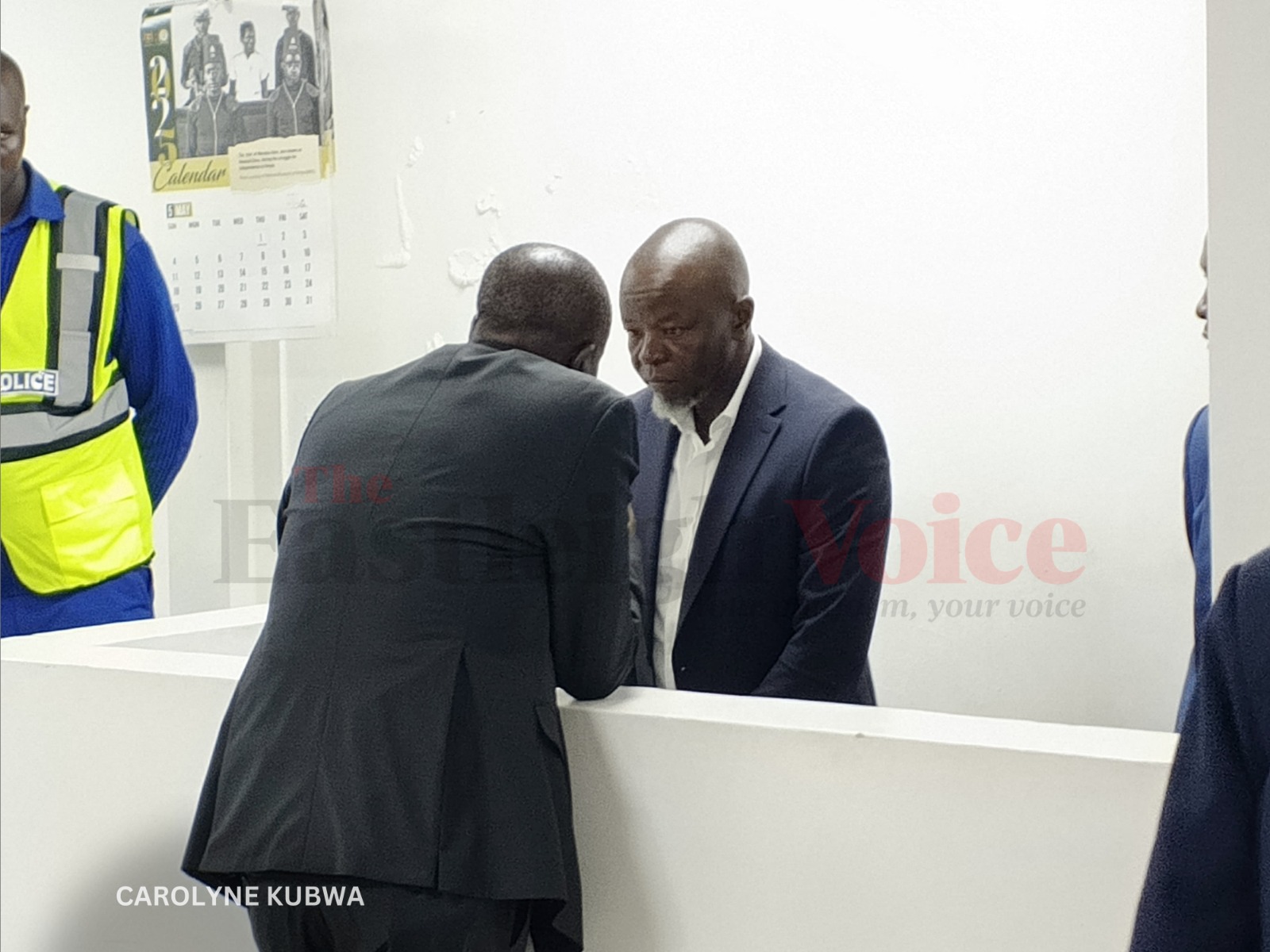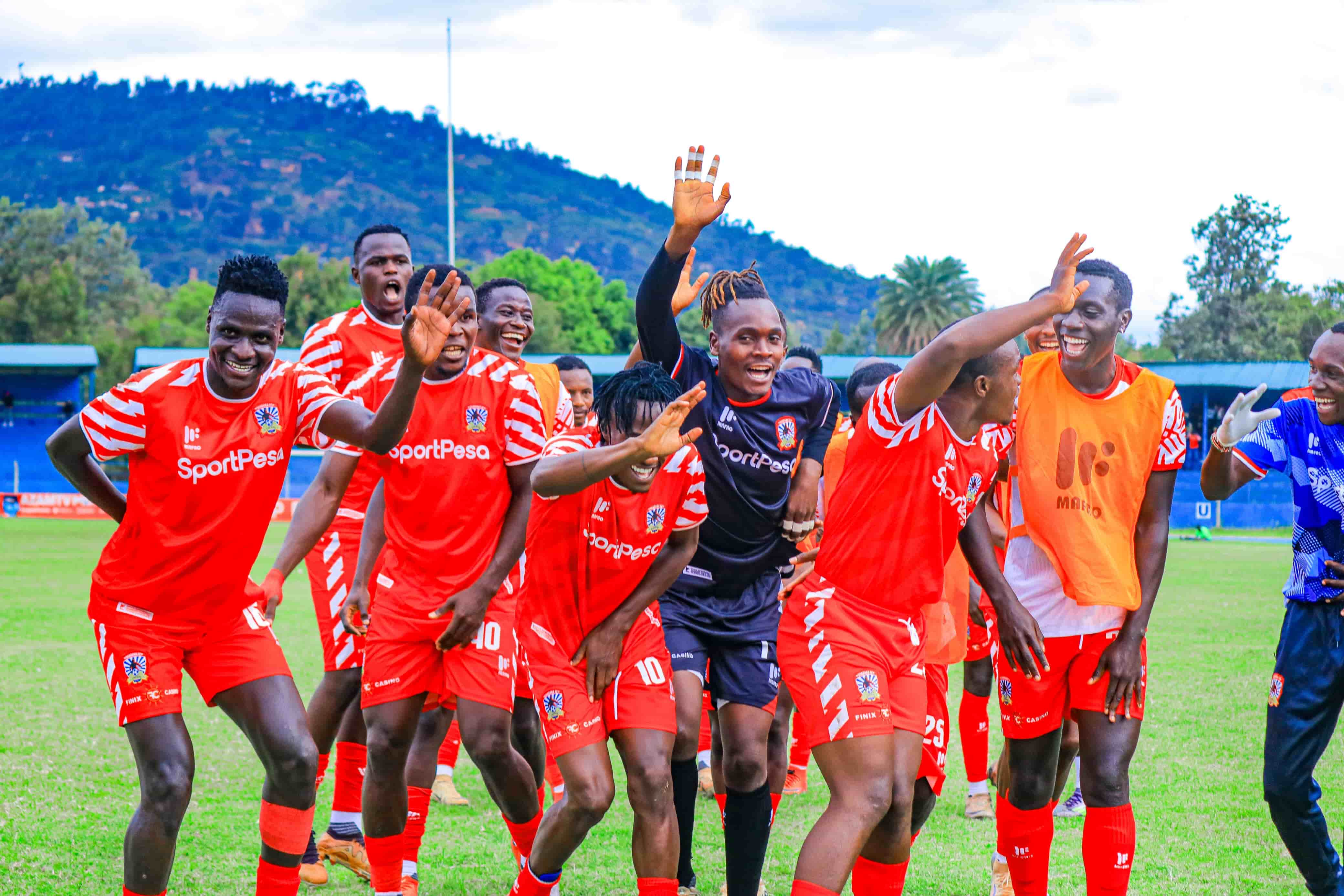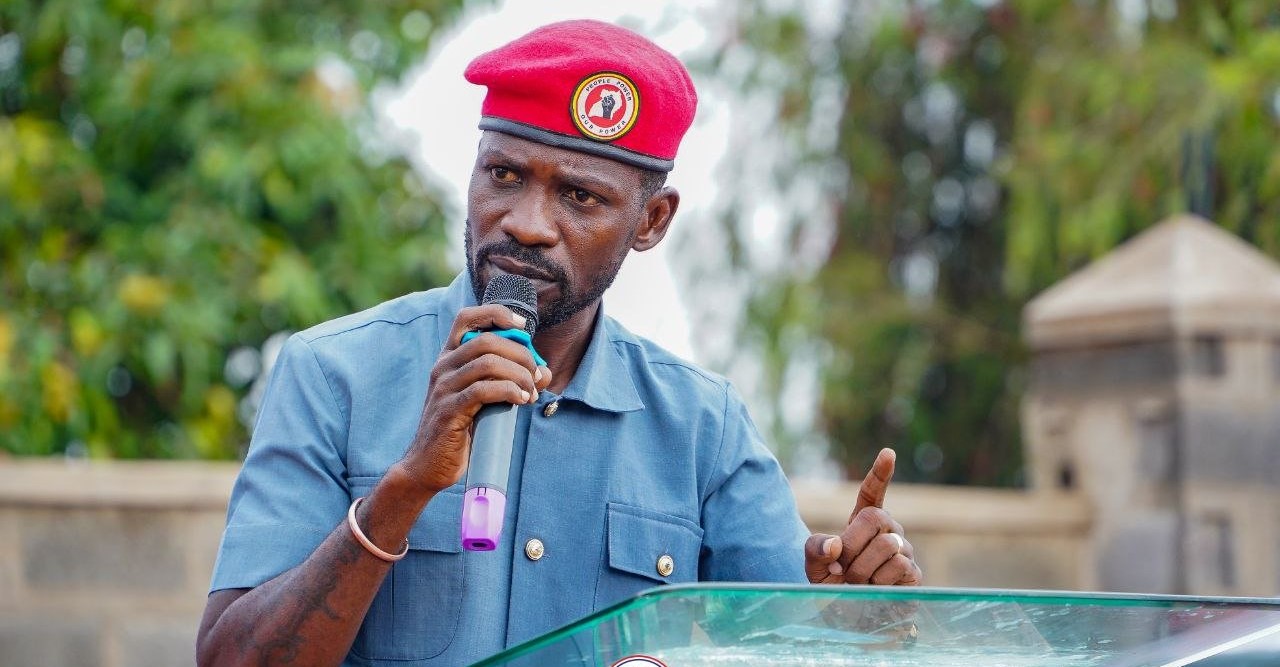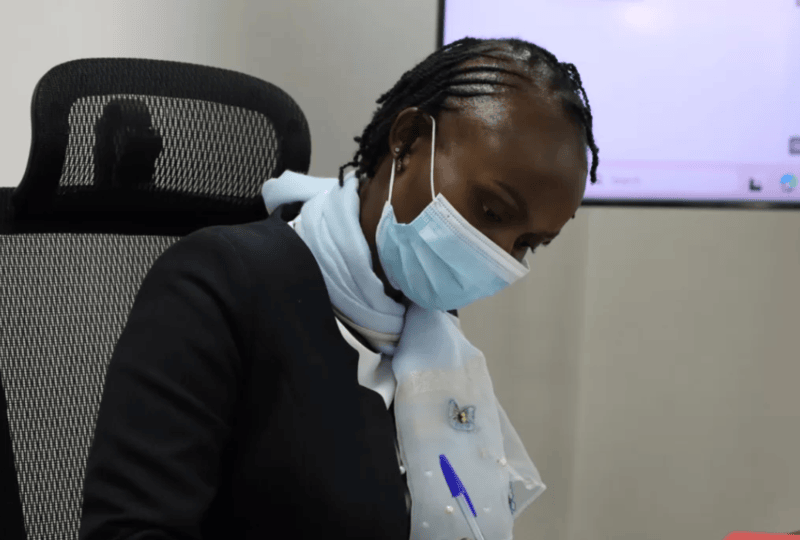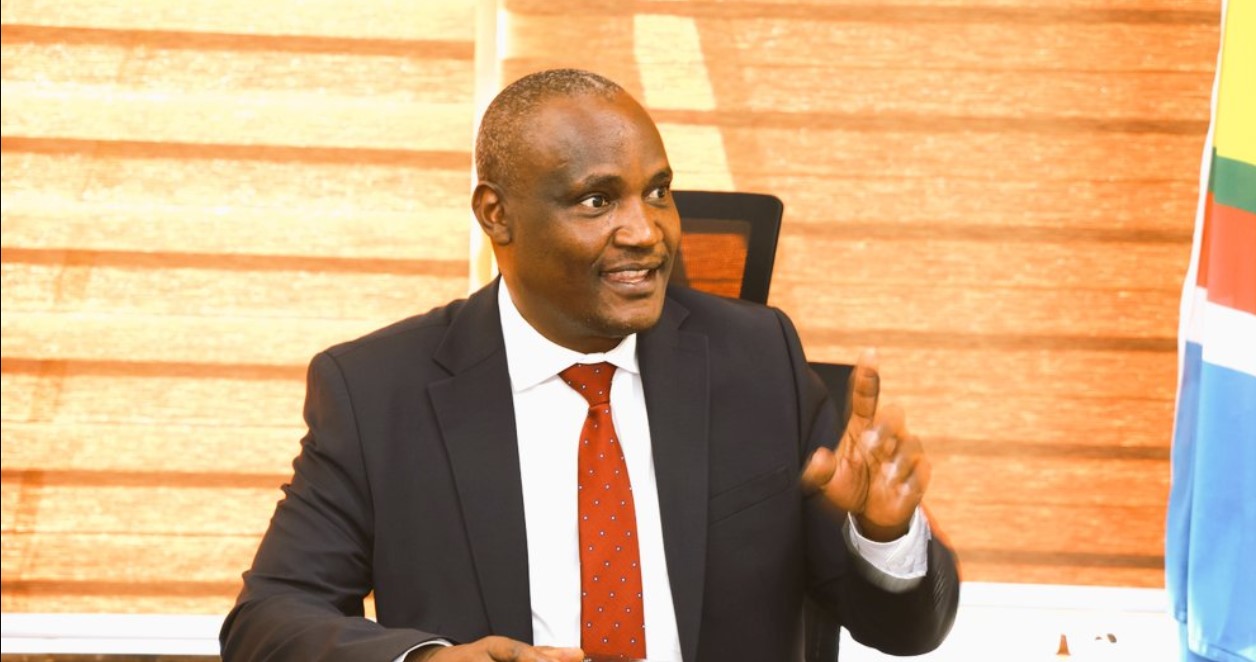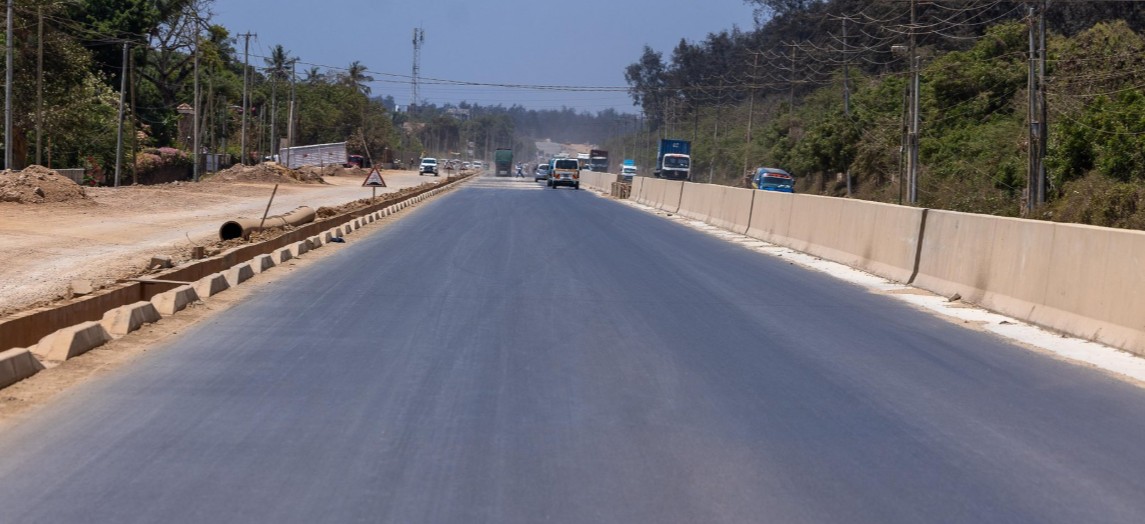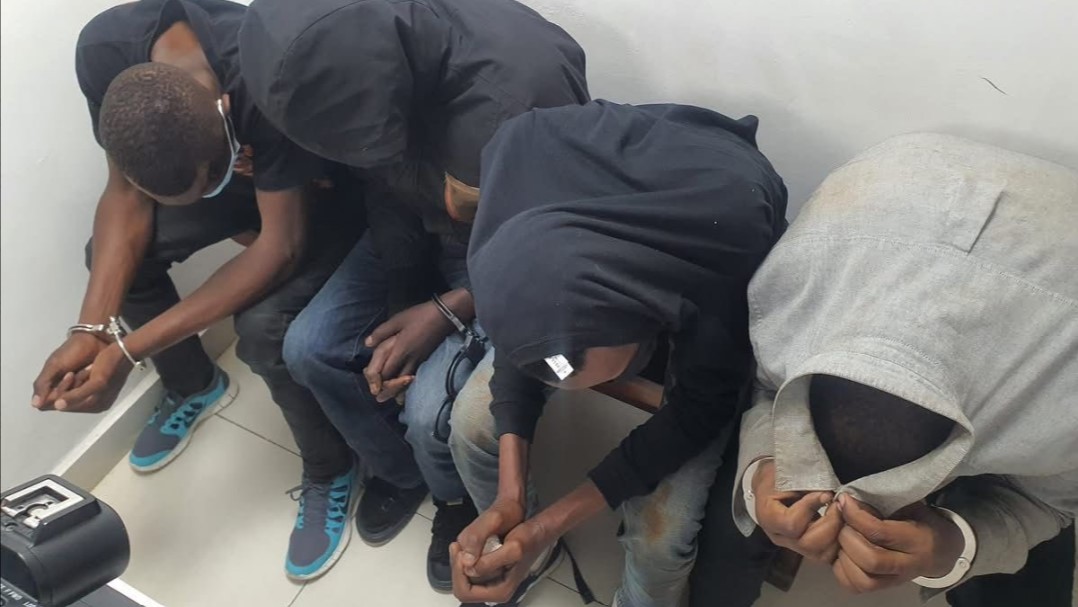One killed as Kenyan anti-government protests intensify again
A Reuters reporter saw the body of one protester lying on the ground with blood oozing from a head wound. The national police spokesperson declined to comment.
At least one person was killed in renewed anti-government protests across Kenya on Tuesday, a Reuters reporter said, as police clashed with demonstrators demanding that President William Ruto step down.
Youth-led protests that broke out a month ago against proposed tax hikes have continued even after Ruto withdrew the legislation and fired almost all of his cabinet. Activists say they want Ruto to resign and are calling for systemic changes to clean up corruption and address poor governance.
More To Read
- President Ruto appoints selection panel to lead search for next Kenya National Commission on Human Rights Chairperson
- Catholic bishops criticise politicians for premature campaigns, ethnic divisions
- Tributes pour in for KNCHR chairperson Roseline Odede
- Kenya National Commission on Human Rights chairperson Roseline Odhiambo Odede dies
- KNCHR slams police for violence on anti-abduction protesters, vows to take action
- Human rights commission condemns Kizza Besigye's alleged abduction in Nairobi
At least 50 people have been killed in the protests to date, the government-funded Kenya National Commission on Human Rights (KNCHR) said on Tuesday.
In Kitengela, a town on the southern outskirts of the capital Nairobi, police fired repeatedly in the direction of hundreds of protesters, some of whom were throwing rocks, Reuters TV footage showed. The protesters also burned tyres, waved Kenyan flags and chanted "Ruto must go!"
A Reuters reporter saw the body of one protester lying on the ground with blood oozing from a head wound. The national police spokesperson declined to comment.
In a statement, the interior ministry did not directly address events on Tuesday, but said security agencies were under instructions to exercise restraint.
The demonstrations on Tuesday appeared to be some of the biggest since Ruto withdrew the tax increases on June 26. The Nation newspaper reported protests in at least 23 of Kenya's 47 counties.
In Nairobi's city centre, riot police fired tear gas at several dozen protesters and medics were seen carrying away an injured person on a stretcher. In Nakuru, a journalist was injured, with television footage showing her bleeding from her thigh.
Njeri Wa Migwi, an activist who was protesting in downtown Nairobi, said the demonstration was entirely peaceful until police started firing tear gas.
"Today feels very insidious. It was like the police were out to get us," she said.
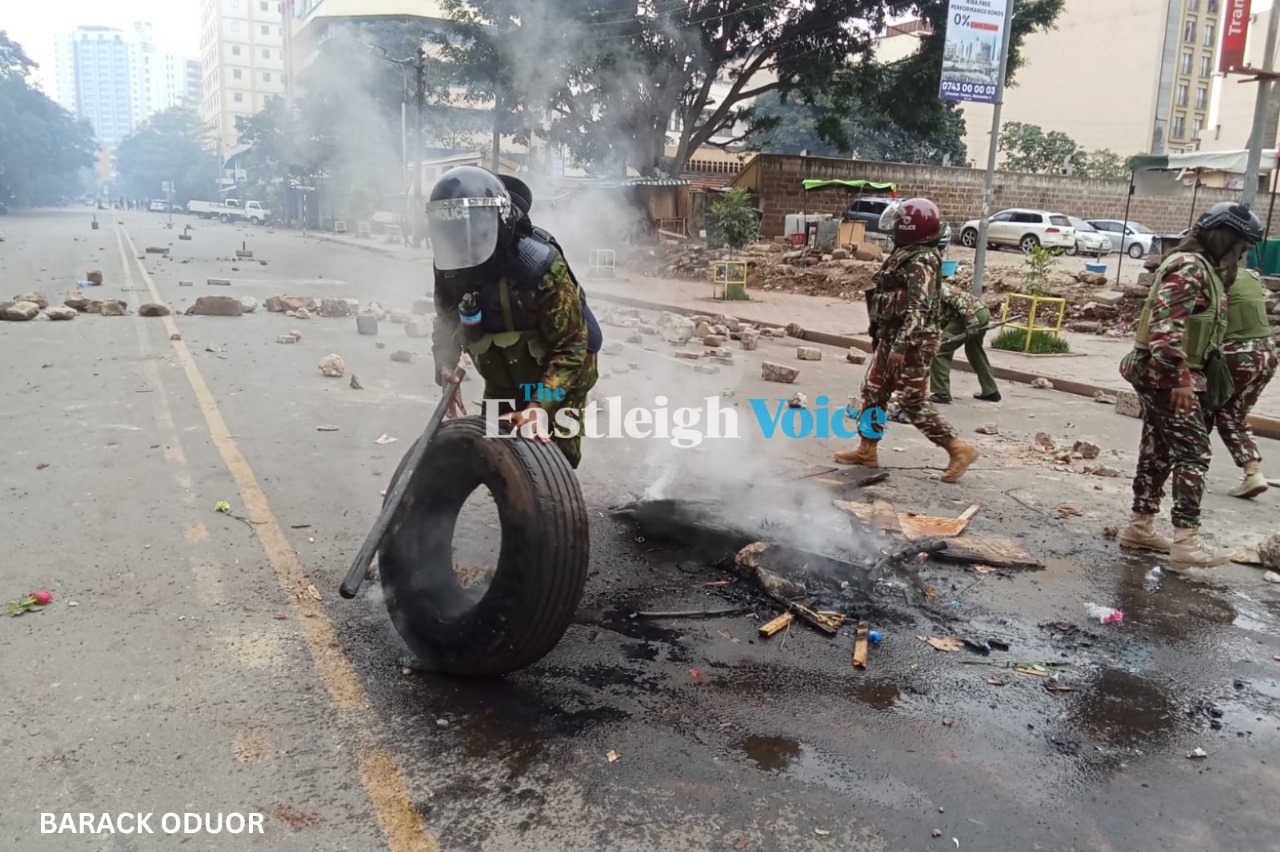 Police officers clear the road along Koinange Street after protesters lit fires in the anti-government demos on Tuesday, July 16, 2024. (Photo: Barack Oduor/EV)
Police officers clear the road along Koinange Street after protesters lit fires in the anti-government demos on Tuesday, July 16, 2024. (Photo: Barack Oduor/EV)Police officers clear debris erected by protesters along Koinange Street in Nairobi. (Photo: Barack Oduor/EV)
DEBT CRISIS
The protests have created the biggest crisis of Ruto's two years in power. With Kenya spending over 30% of its revenues just paying the interest bills on its debt, he has been caught between the demands of lenders to cut deficits and a hard-pressed population reeling from rising living costs.
"Ruto is very incompetent," said one protester in Nairobi who did not give his name. "The guy is a puppet to the IMF."
The International Monetary Fund (IMF) has been a major target of the ire of young Kenyan protesters, who have accused it of being the driving force behind the proposed tax hikes.
The IMF has said its main goal through its lending programmes with Kenya has been helping the country overcome economic challenges and improve its people's well-being.
Ruto's office had announced "multi-sectoral" talks for this week to address grievances raised by the protesters, but there was no sign they had begun. Most of the leading activists behind the protests have rejected the invitation, instead calling for immediate action on issues like corruption.
Ruto's spokesperson did not respond to a request for comment.
The protests began peacefully but later turned violent. Some demonstrators briefly stormed parliament on June 25, and the police opened fire.
In addition to the 50 deaths, 413 people have been injured, 682 have been arbitrarily detained and 59 have been abducted or are missing in connection with the protests, KNCHR said.
Ruto has promised to investigate accusations of abuse but has broadly defended the conduct of the police. Last week, he accepted the resignation of the national police chief, whose ouster had also been demanded by protesters.
On Monday, Ruto accused the Ford Foundation, an American philanthropic organisation, of sponsoring those who had caused "violence and mayhem" in Kenya, without providing evidence.
The Ford Foundation rejected the allegation, saying it did not fund or sponsor the protests and has a strictly non-partisan policy for its grant-making.
Top Stories Today

